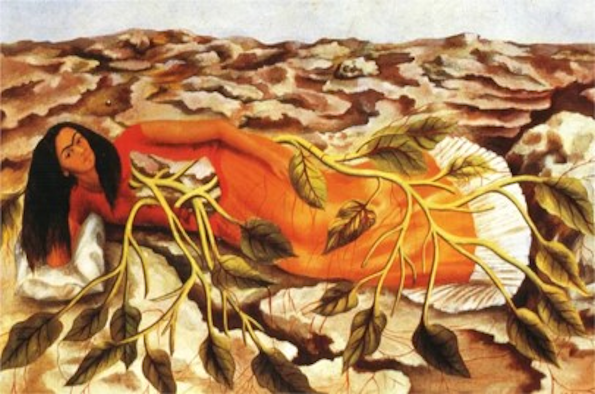
Research seminar with Conflict, Memory and Heritage Research Group: ‘Caribbean Writing as ‘World Literature’?: Maryse Condé’s Desirada & Patrick Chamoiseau’s Frères Migrants, presented by Sara-Louise Cooper (Kent).
- Professor Claire Taylor
- Admission: Admission is free but places are limited. Please visit the Eventbrite page to register.
- Book now
Add this event to my calendar
Click on "Create a calendar file" and your browser will download a .ics file for this event.
Microsoft Outlook: Download the file, double-click it to open it in Outlook, then click on "Save & Close" to save it to your calendar. If that doesn't work go into Outlook, click on the File tab, then on Open & Export, then Open Calendar. Select your .ics file then click on "Save & Close".
Google Calendar: download the file, then go into your calendar. On the left where it says "Other calendars" click on the arrow icon and then click on Import calendar. Click on Browse and select the .ics file, then click on Import.
Apple Calendar: The file may open automatically with an option to save it to your calendar. If not, download the file, then you can either drag it to Calendar or import the file by going to File >Import > Import and choosing the .ics file.
To illustrate this argument, this paper offers readings of two texts, Maryse Condé’s 1997 Desirada and Patrick Chamoiseau’s 2017 Frères migrants. Desirada draws into dialogue the early modern colonial desire for virgin soil and contemporary Caribbean women’s experiences of fertility and child-bearing. Frères migants establishes a parallel between the deaths at sea of enslaved Africans and present-day drownings of refugees in the Mediterranean. Both draw on the literary to bring the historical, the ecological and the cultural into relationship, and in this way, both offer an implicit argument for the literary as a mode adequate to the challenge of reading the complex entanglements of a global world.
